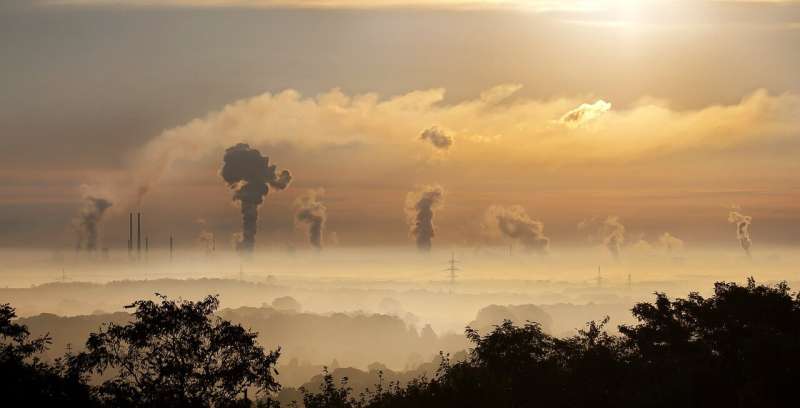
Health experts and patient representative groups have issued a joint statement urging nations to implement ambitious clean air policies without delay in order to protect health.
The statement by the European Society of Cardiology and 100+ partners highlights their support for the recently published World Health Organization (WHO) Global Air Quality Guidelines (AQGs) 202, which health experts say should be used as a guide for effective air quality and emission reduction policies around the world.
Professor Stephan Achenbach, President of the European Society of Cardiology said: “Air pollution is one of the most underestimated causes of heart disease and stroke. Measures to reduce its detrimental impact on cardiovascular—and overall health—are urgently needed. We welcome the new WHO guidelines and join other societies today to demand ambitious clean air policies without delay.”
Professor Zorana J. Andersen is Chair of the European Respiratory Society Environment and Health Committee and Professor in Environmental Epidemiology at the Department of Public Health, University of Copenhagen, Denmark. She said: “Air pollution poses a great risk to human health; it is linked to major lung and heart diseases, diabetes, cancer, infant mortality, and emerging evidence points to harmful effects on pregnancy, cognitive development in children, dementia and mental health, as well as an increased risk of dying from COVID-19.
“As more than 95% of the world’s population is exposed to hazardous levels of air pollution every day, air pollution ranks fourth among major risk factors for global disease and mortality, and the estimated global economic cost of pollution-related health effects was US$ 5 trillion in 2013. Reducing air pollution will not only lead to enormous and immediate improvements in the health and quality of life of all citizens, but it will help to lower the medical costs borne by society for the treatment of air pollution-related diseases. Moreover, policies aimed at reducing air pollution will simultaneously reduce emissions of greenhouse gases and help mitigate the unprecedented climate change crises.
“The updated WHO AQGs are bold and stress the importance of lowering air pollution concentrations at every level; we support the recommendations of the new WHO AQGs and urge nations to use the guidelines to inform air quality and emission reduction policies. Now is the time for policymakers to strive for ambitious legislation to ensure a more healthy and resilient population, environment, and planet.”
The statement warns that the WHO AQGs 2021 show there is no safe level of air pollution, as evidence has shown there are harms to human health even at the lowest observable levels of exposure. Based on this, the statement urges policymakers to:
- Revise clean air legislation to lower the limit values for PM2.5 and NO2 in air pollution hot spots and align them closely with the WHO AQGs 2021.
- Combine fixed limit values with binding policies for a continuous reduction of the average pollution levels in all places, and not only in pollution hot spots, to achieve progressive lowering of exposures of the entire population.
- Invest, implement, and effectively monitor and enforce clean air policies to protect and improve public health and feed into efforts for climate neutrality.
Dominique Hamerlijnck is a lung patient from The Netherlands with severe hyperresponsive asthma, and a patient advocate in the European Lung Foundation asthma patient advisory group. Ms Hamerlijnck explained how air pollution has a devastating impact on her life: “One of the main triggers for my asthma is air pollution. Breathing takes so much effort that I’m able to do very little beside breathing on a daily basis. I take the maximum dose of my medications, but this is not enough to be able to do necessary daily activities, let alone being able to work or see people. The effort it takes to breathe every day makes my breathing muscles overburdened and I am constantly in pain.
“We cannot avoid air—it is necessary for survival—and we need cleaner air to keep people safe, healthy, and able to participate in society. I hope we achieve cleaner air soon; I would like to be able to leave my house more often and enjoy the outside world.”
Source: Read Full Article
